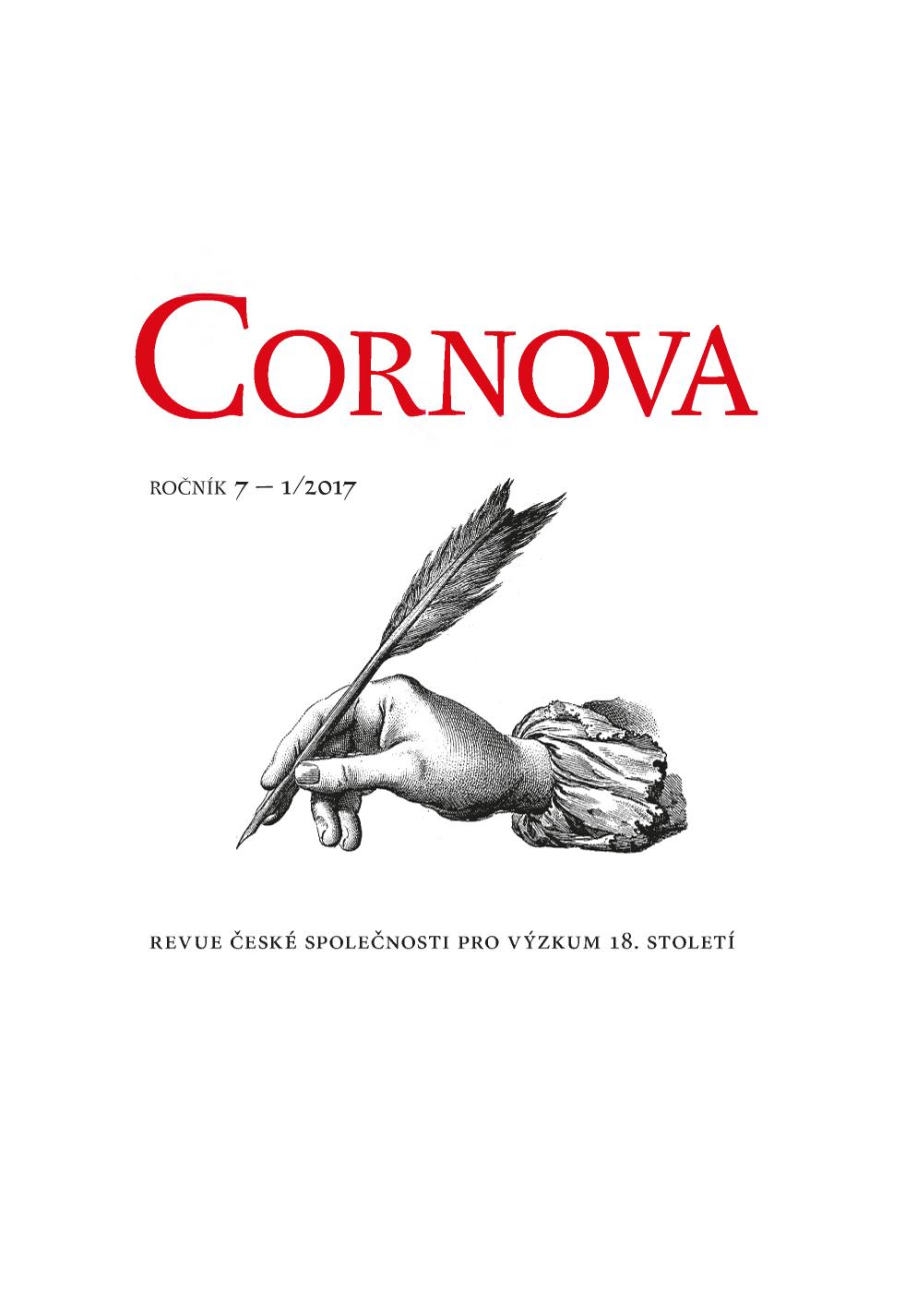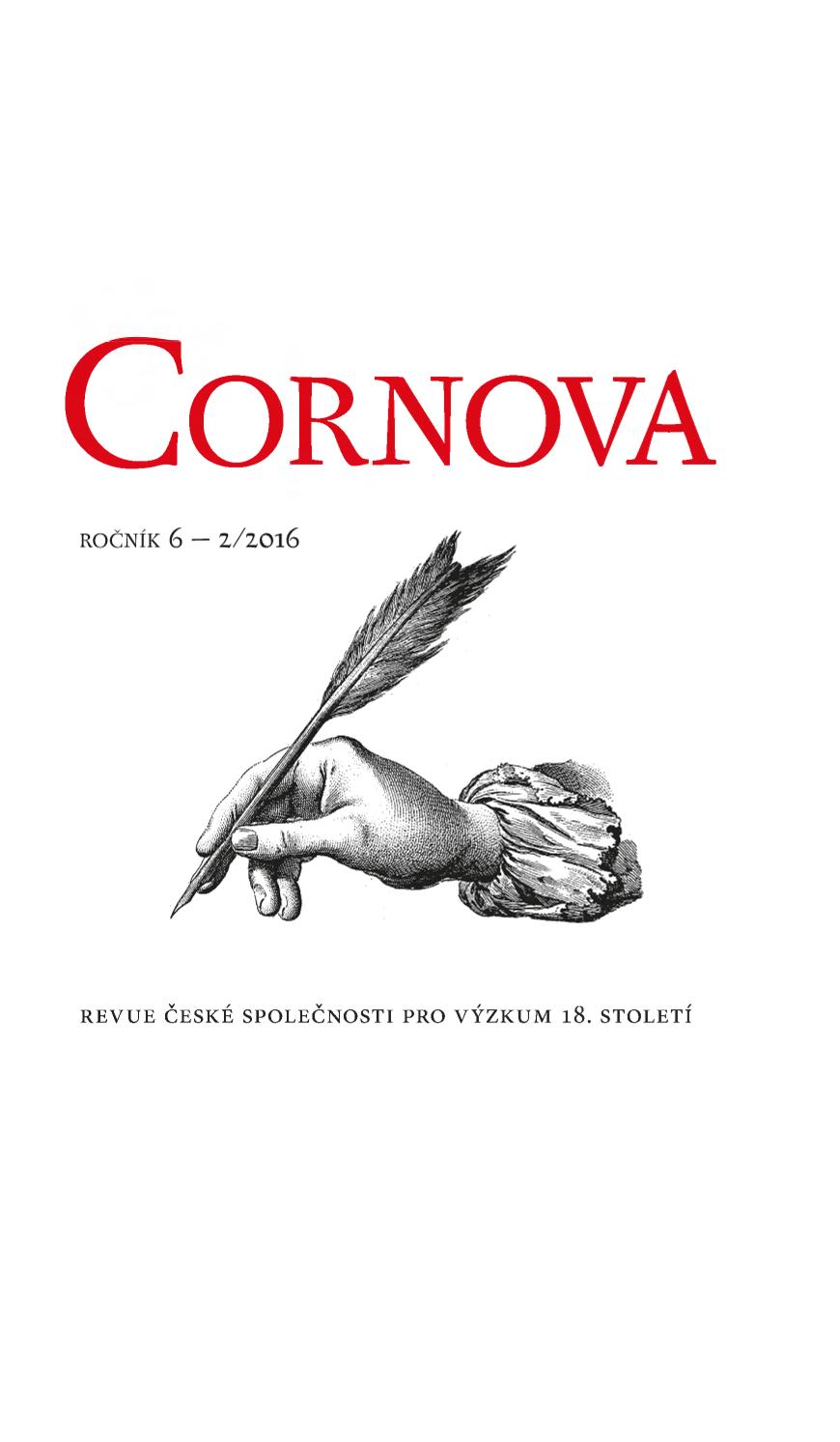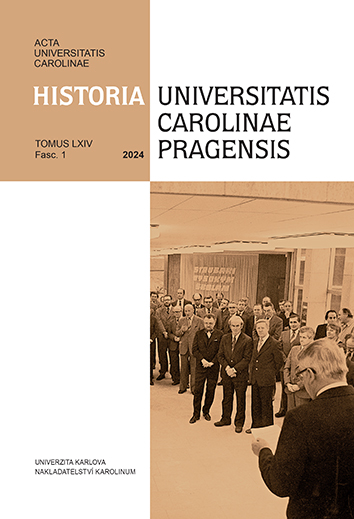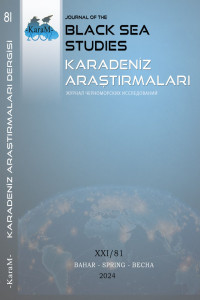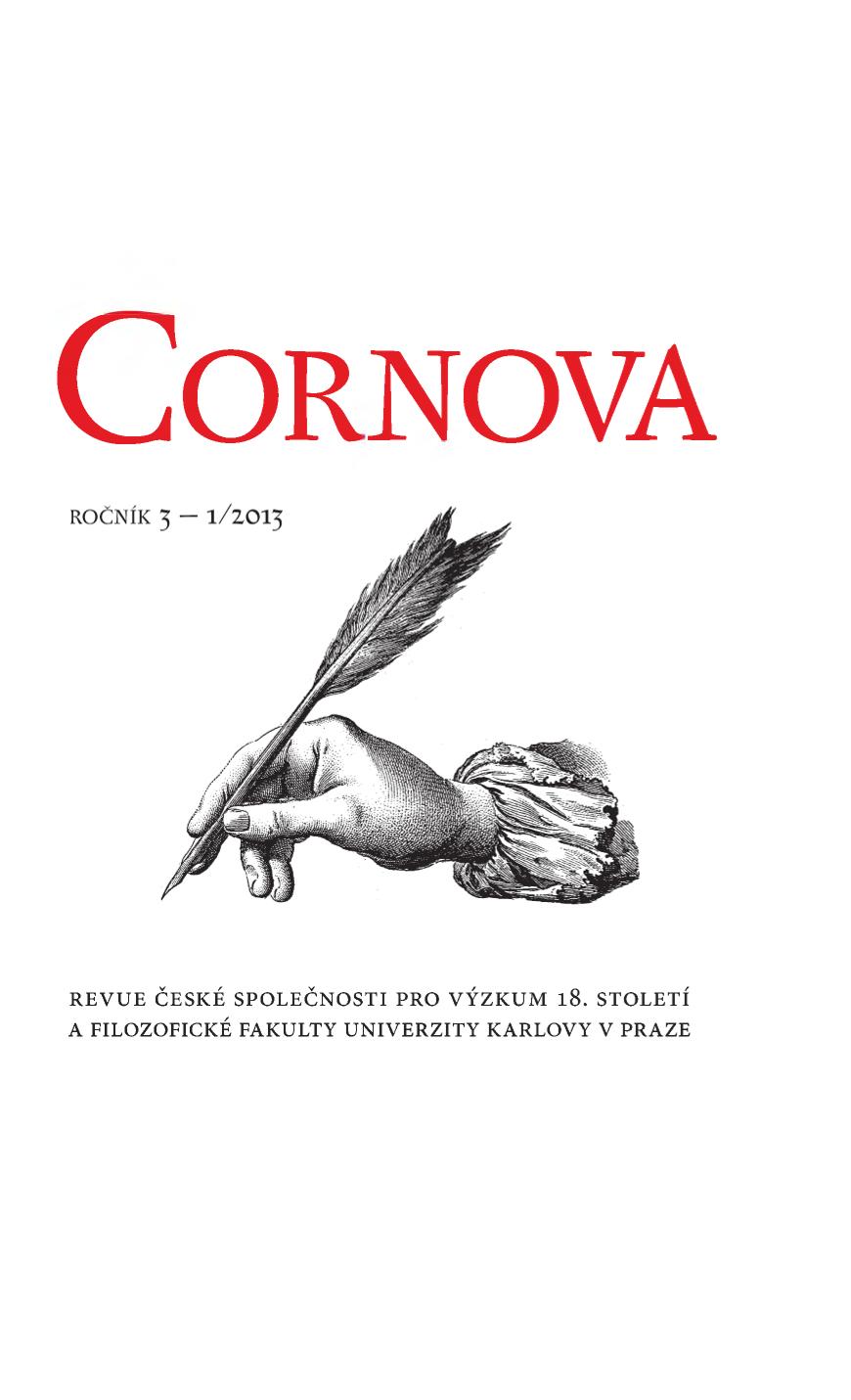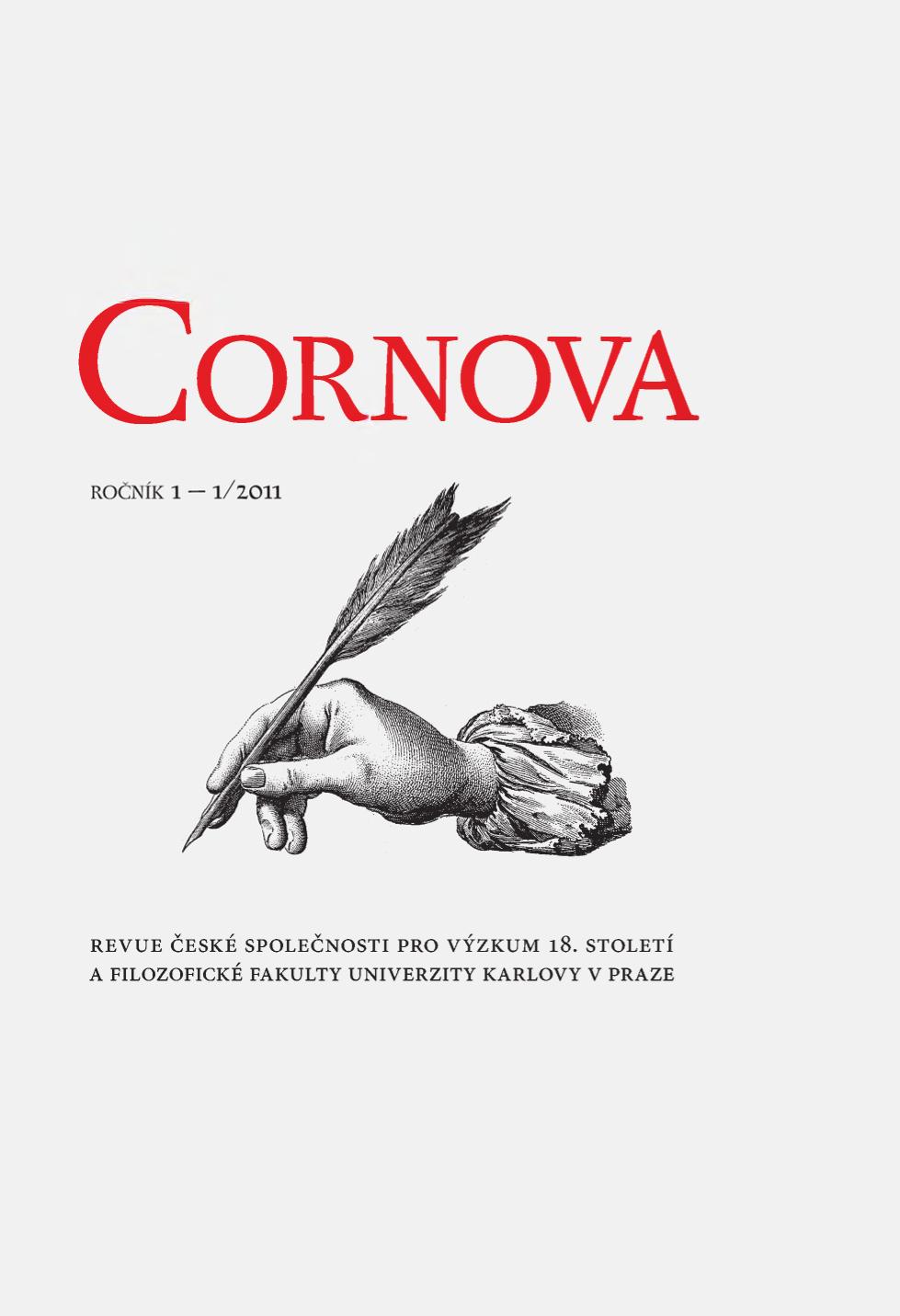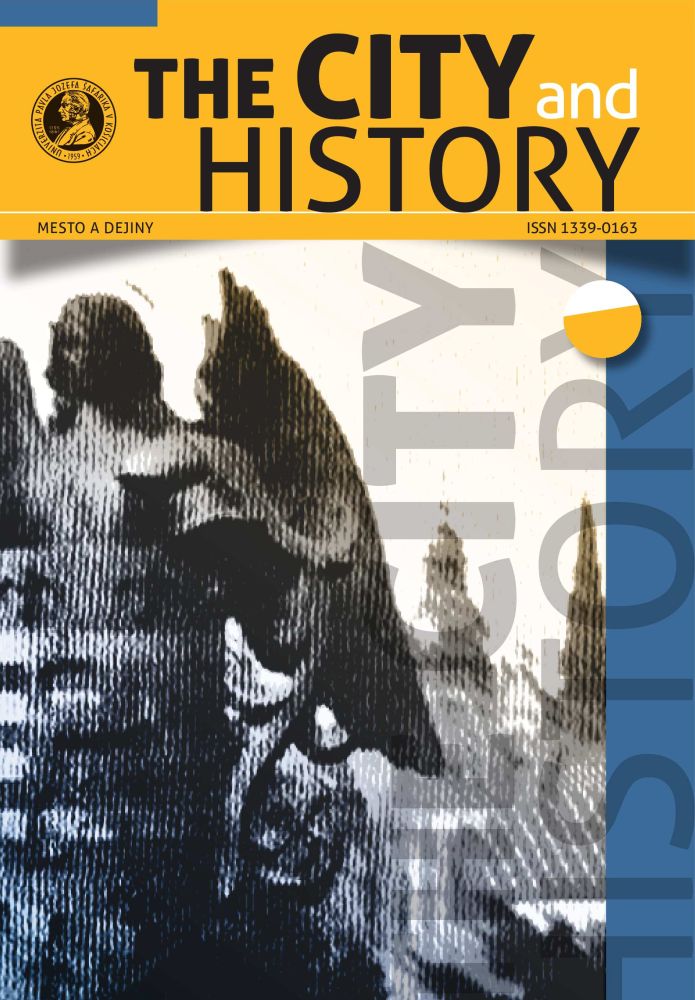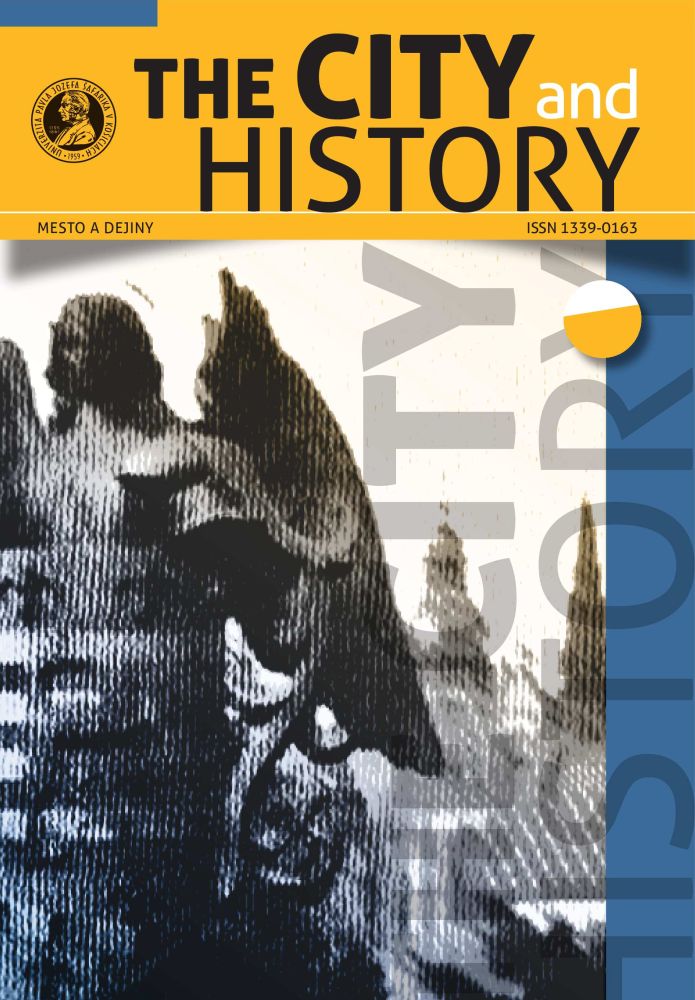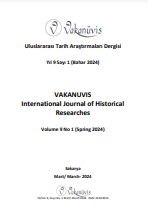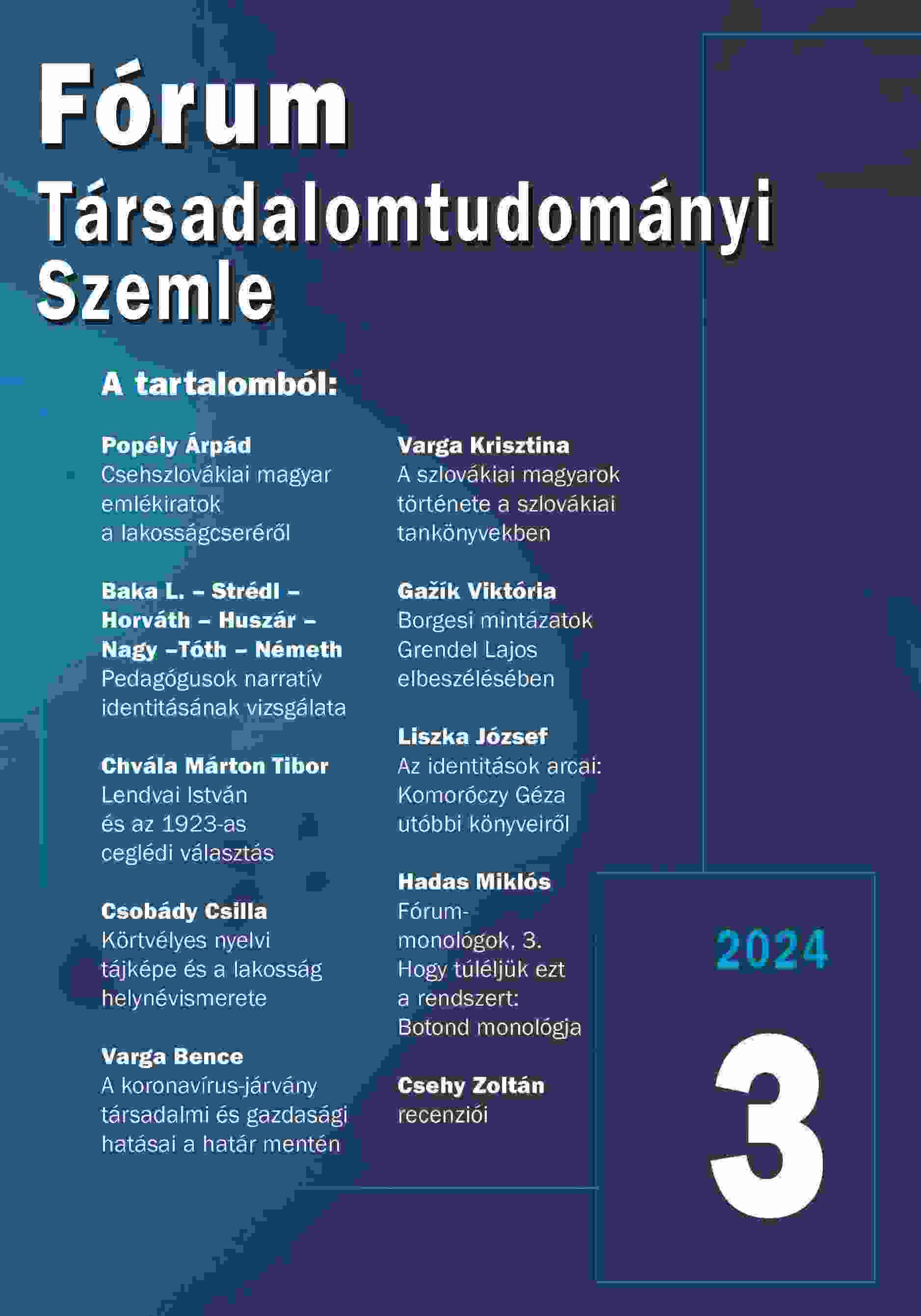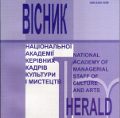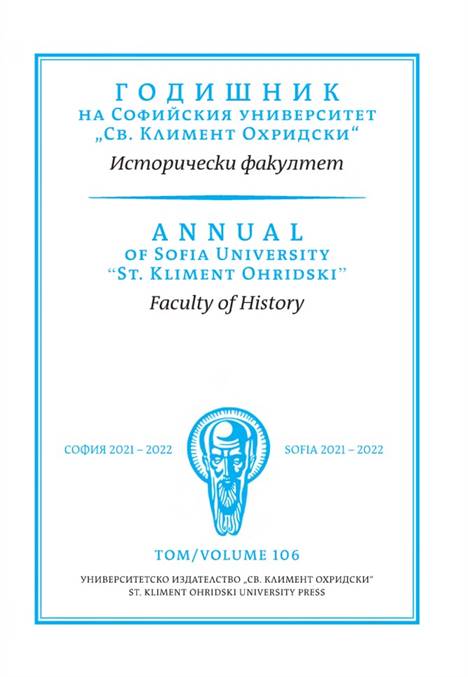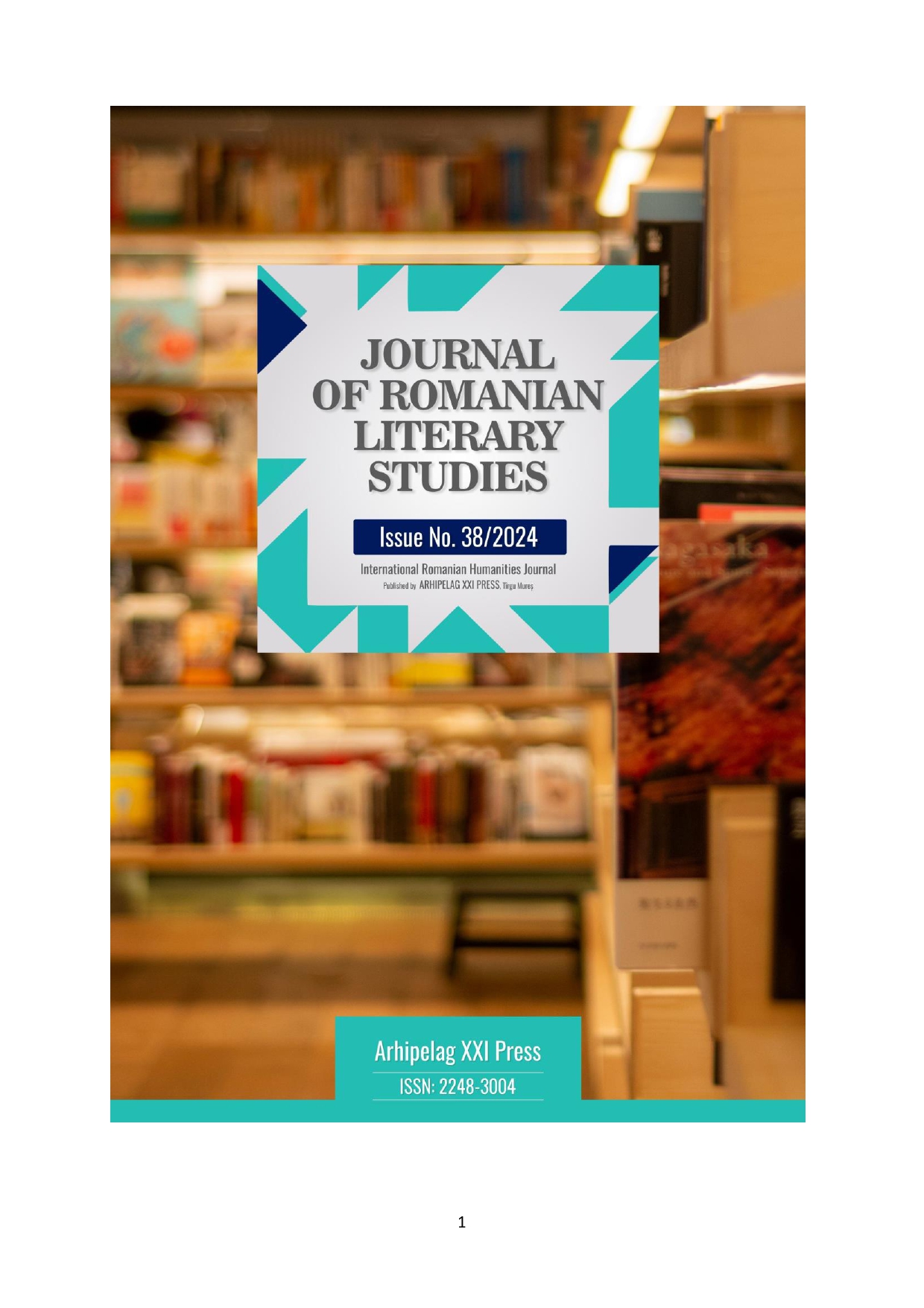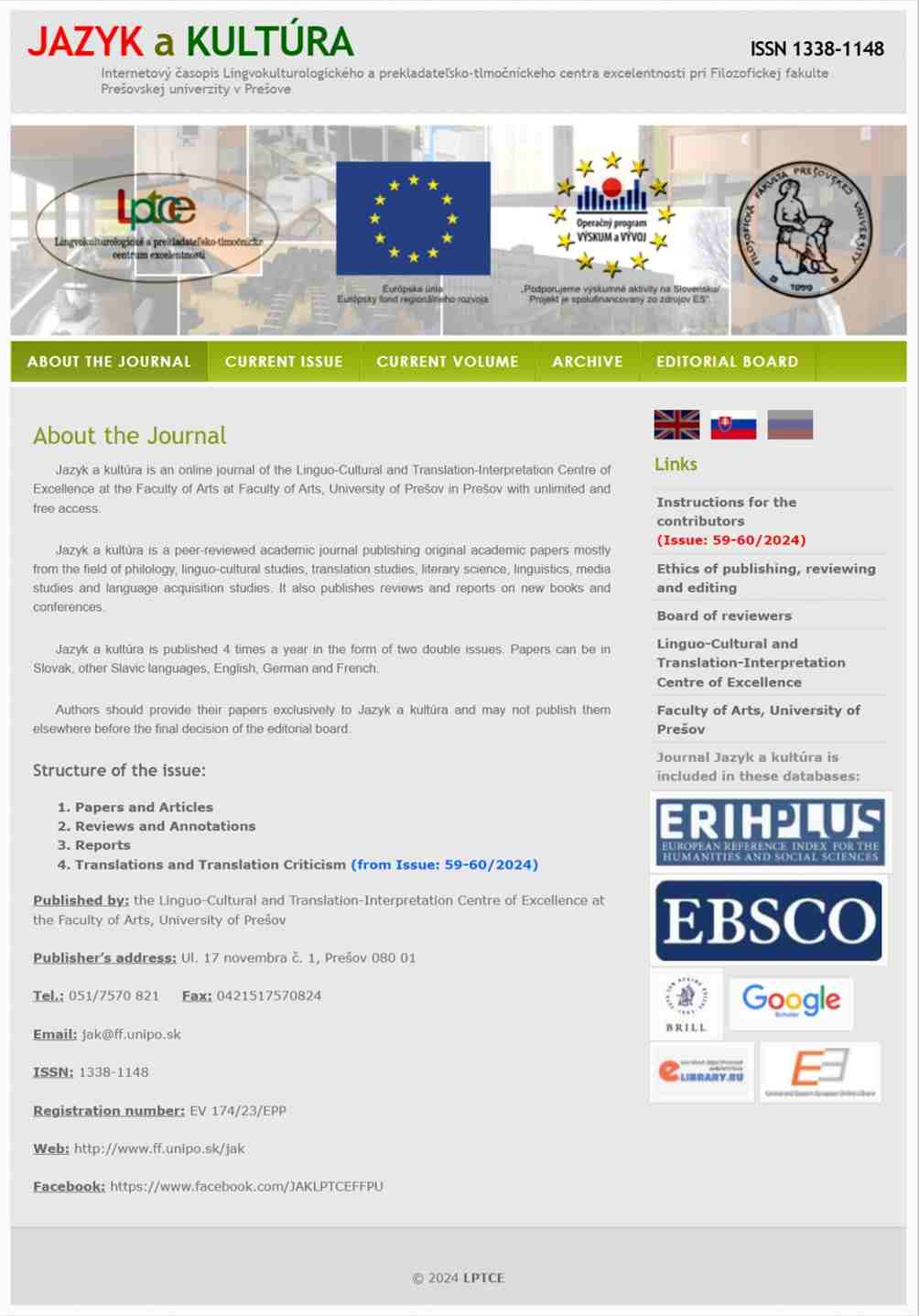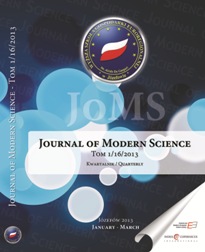
Духовно-моральное усовершенствование учителя в евангельских школах Германии в контексте непрерывного образования. (исторический аспект)
The matter of the spiritual and moral refinement of a teacher in the uninterrupted education context is dedicated in this article. The tasks, which were set before the teachers of the evangelic schools in the earlier part of the 17th century and during the 19th century: to build relationship with children for the purpose of bringing them to Christ and acknowledging of the Spiritual truths; to work over the character; professional growth; personal and spiritual growth are investigated in this article. This article also deals with the proposals of Ph. J. Spener, a founder of the Pietisms, about ceaseless spiritual growth of the adult by the way of their participating in the “congregations of piousness” (“collegia pietatis”) and also the development of his pedagogical ideas directly in the schools of the “Brothers Union” (“Unitas fratrum”) and A.-G Franke’s educational center through such congregations. The purposes of such congregations, their points and meaning for the spiritual refinement of the teachers, possibilities for the spiritual truths practice are represented in this scientific work.
More...
